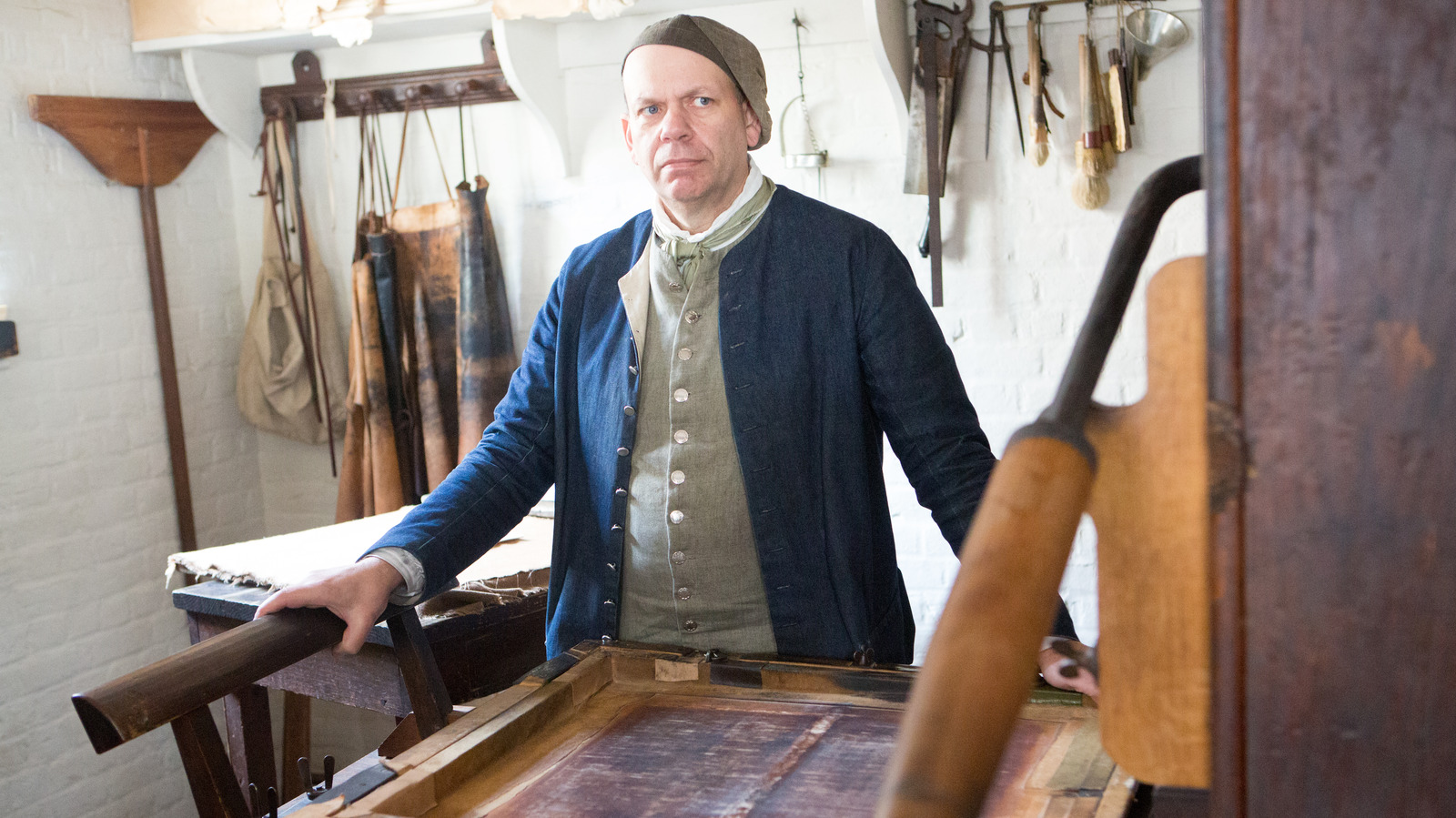
A sufficiently skilled woodworker would have plenty of jobs in a community, given that 18th-century people needed not only wood structures to live and work in, but wood barrels, wheels, furniture, instruments, and more.
In cities, carpenters worked in separate yards, as they needed plenty of space to store and shape timber. While they were often busy assembling the frame of a building, joiners would focus on more detailed features like doors, shutters, and cupboards. Wheelwrights could be found doing even more specialized work, employing their skills to piece together wood and iron bands to craft tough, well-balanced wheels that could handle the unpaved roads of many settlements. Without someone to make and repair wheels, it’s easy to see how travel and commerce could grind to a halt in the 18th century.
But, even with all of that woodworking going on, there’s one other woodworker who might have won the most important spot in some places: the cooper. In a time before cardboard boxes and metal shipping containers, the wood barrels and casks crafted by coopers were needed to hold important commodities for shipping and storage. A carefully crafted cask made by a skilled cooper could store food, allow other workers to make food (like in a butter churn), age wine, or carry all-important trade goods like gunpowder and tobacco from one place to another.








